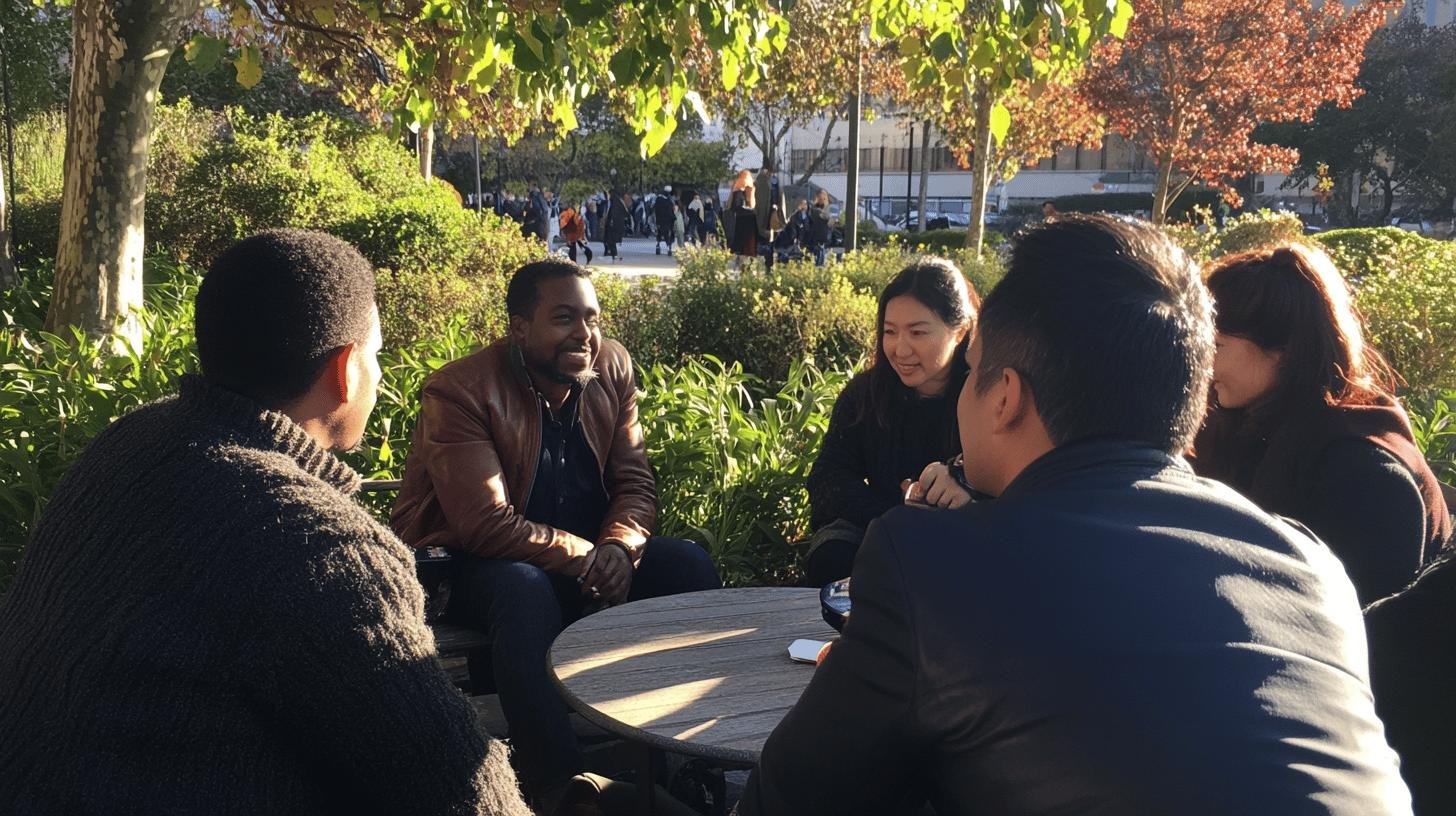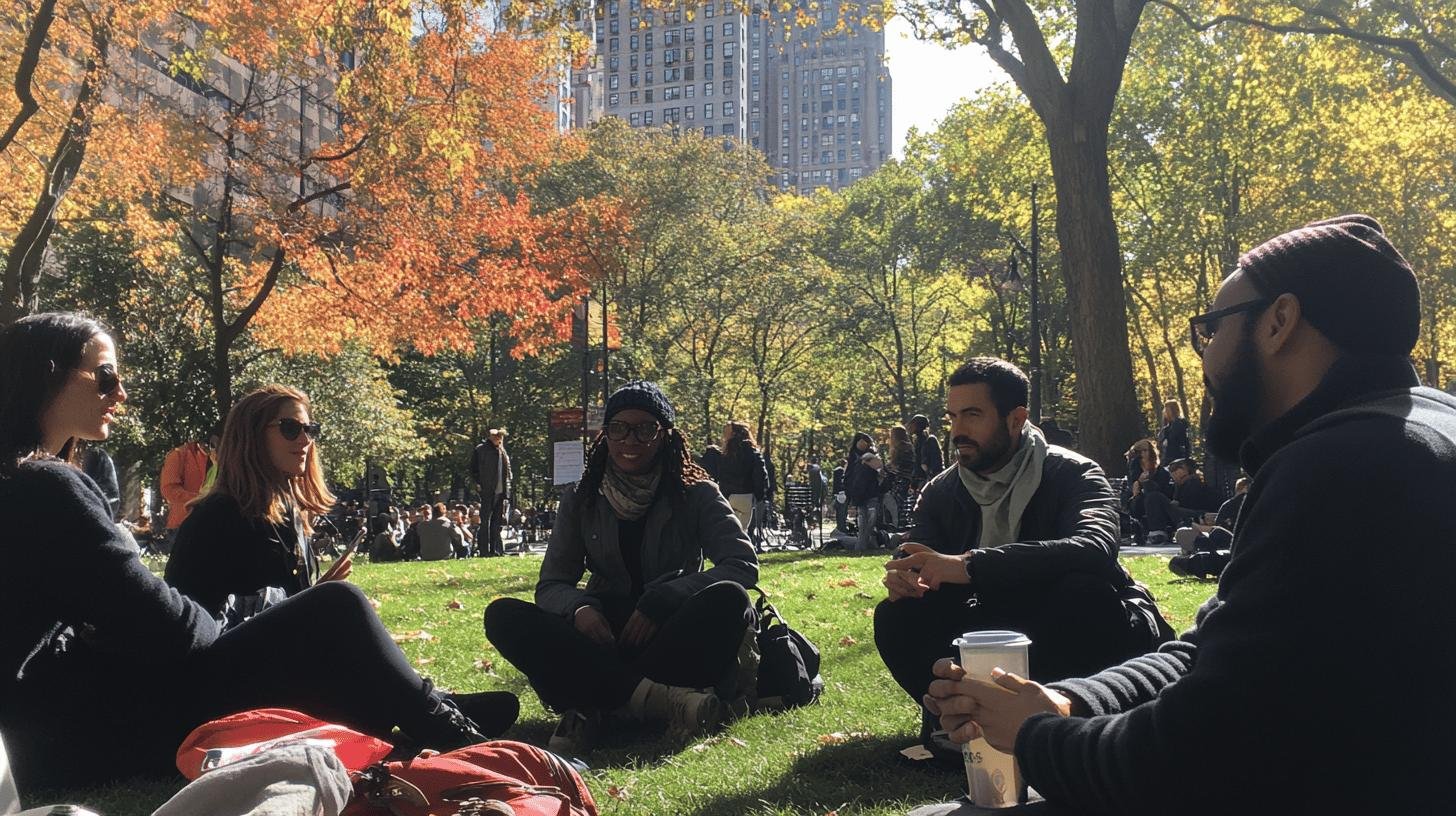TL;DR:
- “Woke Week” is a designated time by Congress focusing on social justice and “wokeness.”
- Key issues include ESG investing, DEI programs, educational changes, corporate responsibility, and free speech.
- Legislative actions involve bills limiting ESG criteria in retirement plans and protecting free speech in education.
- Critics argue initiatives undermine corporate accountability and social progress, distracting from pressing issues.
- Social media shapes perceptions by amplifying both advocacy and misinformation regarding “Woke Week.”
- Current context includes global challenges; outcomes may lead to inclusive practices or increased polarization.
- Future advocacy roles may evolve to bridge gaps, but risks of ideological divides persist.
Is “Woke Week” a genuine effort to protect our values, or just another way to push a divisive woke agenda? As Congress dedicates time to focus on social justice issues, this period addresses how “wokeness” affects everyday life. The debates surrounding this initiative are not just heated—they’re shaping political and cultural conversations across the country.
Will “Woke Week” bring any real societal benefits, or is it simply fanning the flames of an already intense cultural and political divide? Let’s take a closer look at its impact on society today.
Understanding “Woke Week” in Today’s Society
Key topics during “Woke Week” include:
- Environmental, Social, and Governance (ESG) investing standards
- Diversity, Equity, and Inclusion (DEI) programs
- Educational content and curriculum changes
- Corporate social responsibility mandates
- Free speech and censorship concerns
The societal impact of “Woke Week” is significant, exposing the deep divide between traditional values and modern progressive movements. These debates reveal the challenges in balancing progressive policies with societal norms, often polarizing public opinion. The period underscores the ongoing struggle to find common ground on some of today’s most complex social issues.
The Political Dynamics of Woke Week

What drives the political motivations behind “Woke Week”? The primary goal is to push back against what is seen as the overreach of progressive policies. This period focuses on limiting initiatives tied to political correctness and the broader woke agenda. Many Republican lawmakers are actively traditional values and economic freedoms. The emphasis is on opposing policies that impose social justice agendas, particularly in the financial and educational sectors.
What legislative actions have taken place during “Woke Week”? House Republicans have introduced bills aimed at limiting ESG (Environmental, Social, and Governance) factors in investment decisions, particularly in retirement planning, favoring traditional economic approaches. This effort is part of a larger movement to dismantle progressive frameworks that emphasize social and environmental criteria over individual choice and financial returns.
| Legislation | Impact |
|---|---|
| Anti-ESG Bill 1 | Limits ESG factors in retirement plan decisions |
| Anti-ESG Bill 2 | Reduces corporate responsibility mandates |
| Free Speech Act | Protects against censorship in educational content |
Who opposes these “Woke Week” initiatives, and why? Many political and social groups stand against these measures, arguing that they roll back progress in areas like corporate responsibility and environmental protection. Critics believe “Woke Week” shifts focus away from urgent issues and serves the interests of those who resist necessary changes. They fear these legislative efforts could hinder social justice advancements and reinforce outdated norms, slowing progress toward a more inclusive society.
Cultural Reflections and Criticisms of Woke Week
How are cultural trends shaped by “Woke Week”? The period significantly impacts cultural dynamics, emphasizing the divide between traditional and progressive ideologies. In many communities, public perception hinges on how these ideas are either embraced or resisted. The rise of “wokeness” as a social currency has become more evident, with individuals often navigating elite spaces by mastering the language and concepts tied to these ideologies. This shift in cultural norms terms and frameworks, whether to align with or critique them.
What are common criticisms of “Woke Week”?
- Perceived elitism in accessing “woke” circles
- Ideological pressure on individuals and institutions to conform
- Polarization of public opinion, deepening social divides
- Distraction from more urgent societal challenges
How does media representation affect cultural perspectives on “Woke Week”? Media and public discourse play a pivotal role in shaping how “Woke Week” is perceived. By amplifying specific narratives, the media can present wokeness as either a progressive force or as ideological overreach. These portrayals often highlight conflicts and polarization, reinforcing how individuals view the period based on the content they consume. As a result, media coverage can either elevate the significance of “Woke Week” in national discussions or trivialize its impact, adding complexity to an already contentious public debate.
The Influence of Social Media on Woke Week

How does social media influence “Woke Week”? Social media plays a critical role in shaping discussions around “Woke Week,” acting as a platform for both advocacy and opinion formation. It enables users to share views, mobilize support, and engage diverse communities. The rapid spread of information makes social media a key tool for promoting and critiquing “Woke Week” ideologies. This digital arena often becomes a battleground for progressive ideas, providing a space for voices that may be overlooked by traditional media outlets.
How does social media impact public discourse and advocacy during “Woke Week”?
- Amplifies advocacy efforts by spreading messages widely and quickly
- Fosters online debates, allowing for diverse opinions and perspectives
- Facilitates rapid mobilization of social justice campaigns
- Distorts narratives through selective sharing and misinformation
- Creates echo chambers, reinforcing pre-existing beliefs
What is the dual role of social media in “Woke Week”? Social media serves a dual role, both amplifying and distorting narratives around “Woke Week.” On the one hand, it empowers advocacy groups to reach broader audiences and drive conversations about societal change. On the other hand, it can spread misinformation, creating misunderstandings and deepening polarization. The speed and reach of social media can sometimes exaggerate the reality of “Woke Week,” presenting a version of events that may differ from what is happening on the ground. This duality underscores the complexity of using social media, where advocacy and misinformation often coexist.
Future Implications of Woke Week Initiatives
What is the current global context for “Woke Week” initiatives?
“Woke Week” takes place against a backdrop of global challenges, including international conflicts and economic instability. These initiatives aim to address social justice and promote progressive policies related to issues like environmental sustainability and equity. However, some critics argue that these efforts should also align with immediate American priorities. The focus on “woke” topics strives to redefine societal norms and values, but it risks diverting attention from critical issues that require urgent consideration.
What are the potential long-term outcomes of “Woke Week” initiatives?
- Shift in societal norms toward more inclusive practices
- Evolution of advocacy roles, promoting diverse perspectives
- Increased polarization stemming from ideological divides
How might societal norms and advocacy roles change in the future? As “Woke Week” initiatives progress, societal norms may evolve to embrace greater inclusivity and an awareness of diverse viewpoints. Advocacy roles could expand, working to bridge gaps between differing ideologies. However, there’s also a risk of heightened polarization if these initiatives are perceived as overreaching or disconnected from societal concerns. The future could see tensions between advancing progressive values and preserving traditional beliefs, significantly influencing advocacy strategies in society.
Final Words
For those seeking a “woke-free” perspective, “Woke Week” can be seen as a necessary check on the expansion of progressive ideologies that have permeated areas like corporate governance, education, and free speech.
While some argue that these initiatives promote fairness and accountability, others believe they compromise individual liberties and economic freedoms.
As discussions around these issues continue, many will look to safeguard traditional values and protect free speech from being overshadowed by divisive narratives.
FAQ
When was the term “woke” first used?
The term “woke” began its use in the late 1940s. It initially symbolized awareness of social and political issues. Over time, it evolved to represent awareness of racial and social injustices.
What issues are discussed during “Woke Week”?
Key issues include ESG investing, DEI programs, free speech in education, corporate responsibility, and changes in curriculum driven by social justice.
What is the goal of “Woke Week”?
The goal is to examine and address the influence of progressive ideologies in society, particularly in finance, education, and corporate governance.
Who supports “Woke Week” initiatives?
Supporters, often conservative legislators, view “Woke Week” as a way to counter perceived overreach in areas like social justice, diversity mandates, and corporate regulation.
How does social media impact “Woke Week”?
Social media amplifies both support and criticism of “Woke Week,” often contributing to greater polarization by reinforcing existing beliefs and spreading misinformation.

